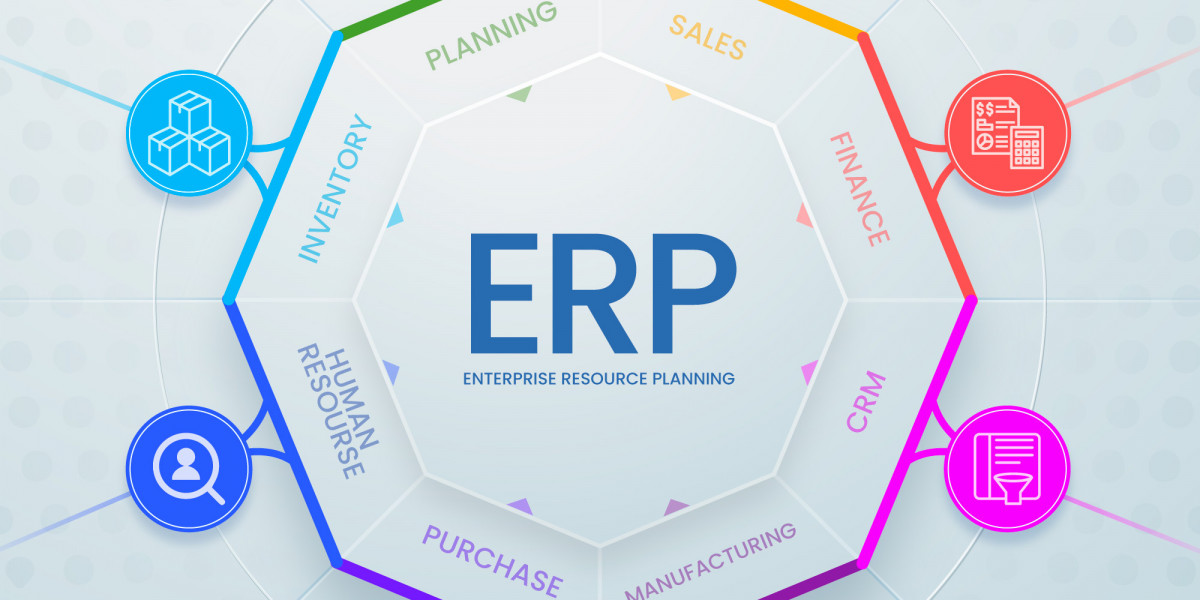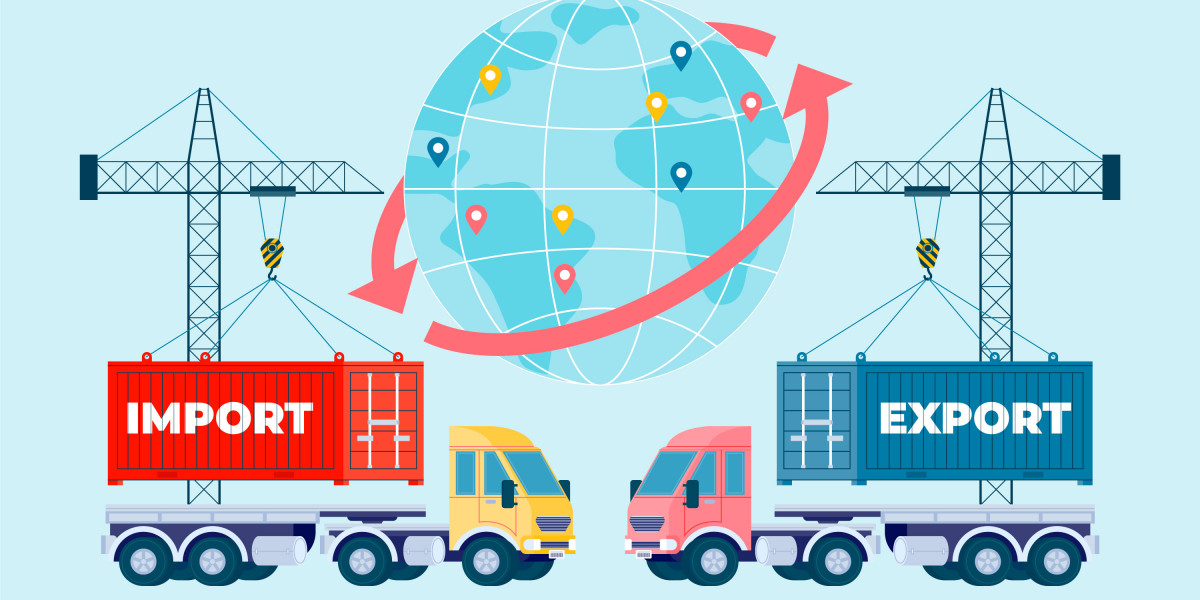In 2025, the ERP software market in India is projected to reach $4.2 billion, reflecting the growing demand for efficient business management solutions. Companies across industries are leveraging ERP systems to streamline operations, enhance productivity, and gain real-time insights. When choosing the best ERP software in India, businesses often face a critical decision: Cloud or On-Premise?
Understanding the key differences between the two options can help companies make informed decisions.
Cloud ERP Software
Cloud-based ERP software operates on remote servers and is accessible through the internet. It offers flexibility and scalability, making it a popular choice for SMEs and startups.
Advantages:
Cost-Effective: Lower upfront costs as no extensive infrastructure is required.
Scalability: Easily scales with business growth.
Remote Access: Accessible from anywhere, supporting remote work.
Regular Updates: Service providers ensure regular updates and maintenance.
Considerations:
Data Security: Dependence on the vendor’s security measures.
Subscription Costs: Recurring costs may add up over time.
On-Premise ERP Software
On-premise ERP systems are installed locally on company servers and managed by an in-house IT team. Large enterprises and businesses with specific regulatory requirements often prefer this option.
Advantages:
Data Control: Full control over data and security protocols.
Customization: Greater flexibility in system customization.
Compliance: Easier to meet strict compliance and data privacy regulations.
Considerations:
High Initial Costs: Significant investment in hardware and IT infrastructure.
Maintenance Responsibility: Requires internal resources for maintenance and updates.
Key Factors to Consider
When deciding between cloud and on-premise ERP software, consider the following factors:
Business Size and Growth Plans: Startups and SMEs may benefit from the flexibility of cloud solutions, while large enterprises might prefer on-premise systems for greater control.
Budget: Cloud ERPs generally have lower upfront costs, while on-premise solutions involve significant initial investments.
Data Sensitivity: Organizations handling sensitive data might choose on-premise solutions for enhanced security.
IT Infrastructure: Companies with robust IT teams may prefer on-premise, while businesses with limited IT resources often opt for cloud-based ERP.
Customization Needs: On-premise solutions offer extensive customization, while cloud ERPs may have limitations.
Industry Trends in 2025
AI Integration: 80% of businesses in India are expected to integrate AI-driven analytics within their ERP systems.
Hybrid ERP Solutions: 60% of companies are adopting hybrid models, combining both cloud and on-premise solutions.
SME Adoption: Cloud ERP adoption among Indian SMEs is projected to grow by 45%.
Conclusion
Choosing the best ERP software in India depends on business requirements, budget, and long-term goals. While cloud ERP offers flexibility and lower costs, on-premise ERP ensures robust data control and customization. Evaluating factors like scalability, security, and operational needs can guide businesses toward the right ERP solution.
By understanding the pros and cons of each deployment model, companies can make informed decisions to enhance their operational efficiency and drive growth in the competitive Indian market.










